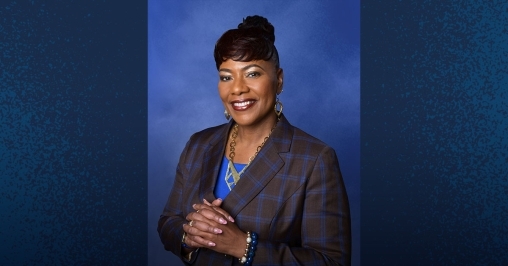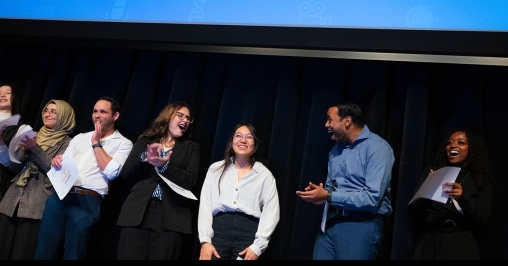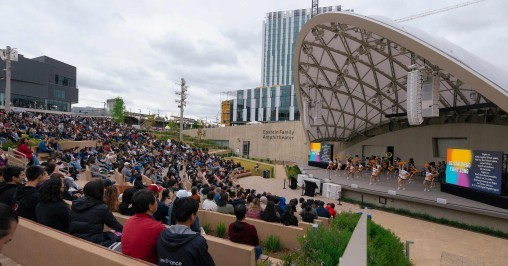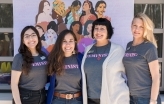A Flexible Microdisplay Can Monitor and Visualize Brain Activity in Real-time During Brain Surgery
Health & BehaviorA thin film that combines an electrode grid and LEDs can both track and produce a visual representation of the brain’s activity in real-time during surgery–a huge improvement over the current state of the art. The device is designed to provide neurosurgeons visual information about a patient’s brain to monitor brain states during surgical interventions to remove brain lesions including tumors and epileptic tissue.
























